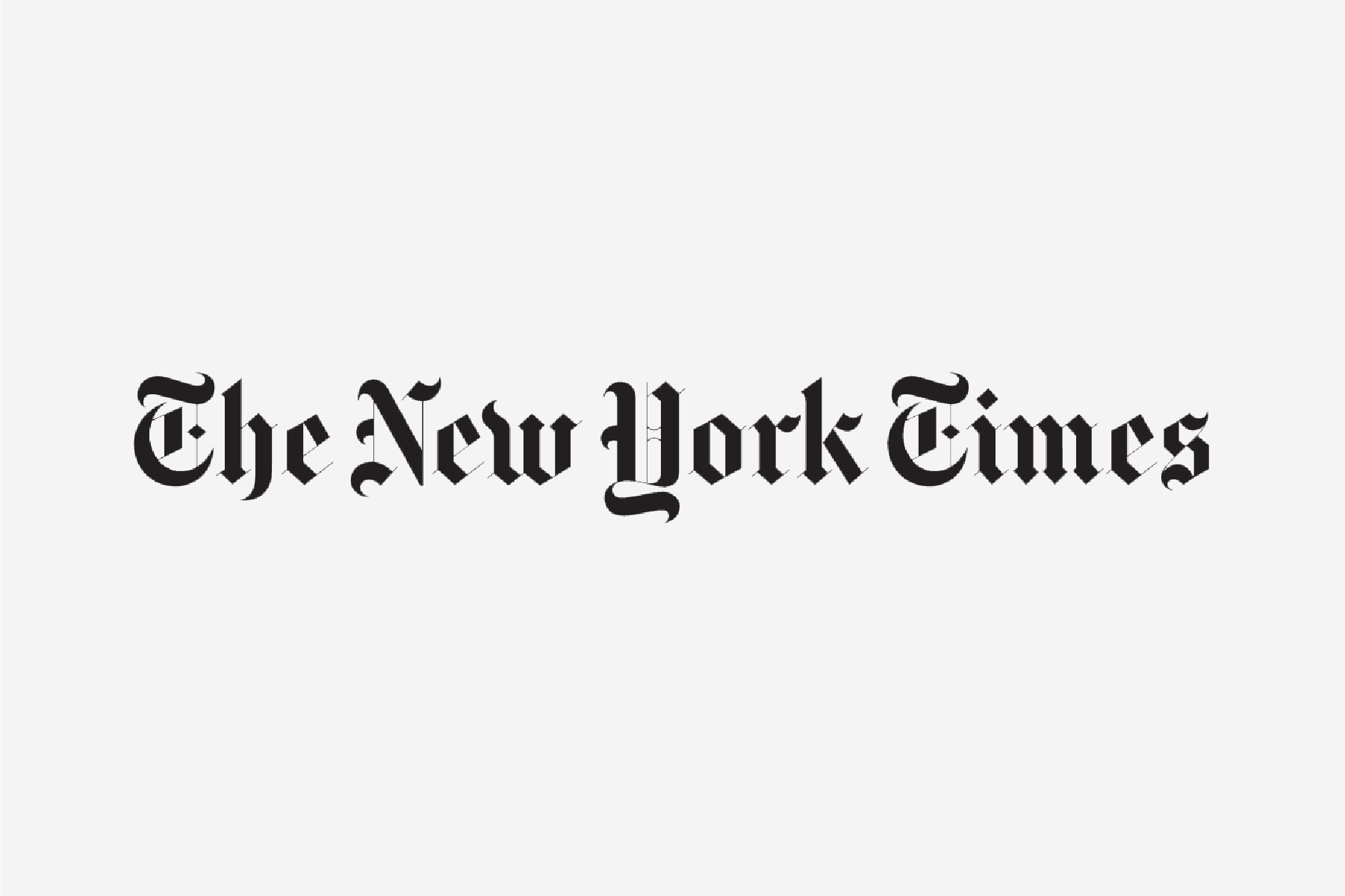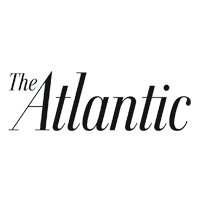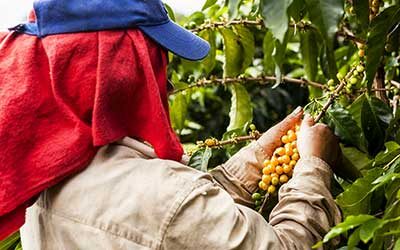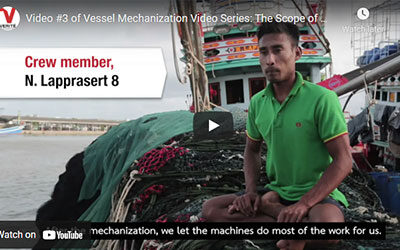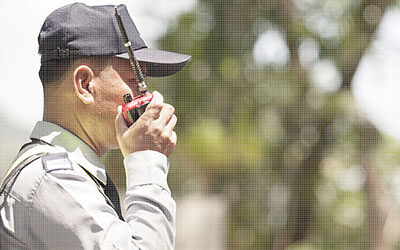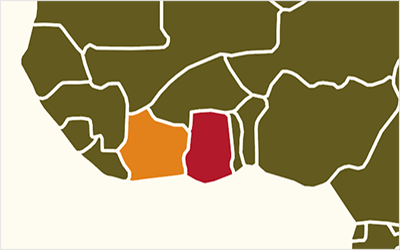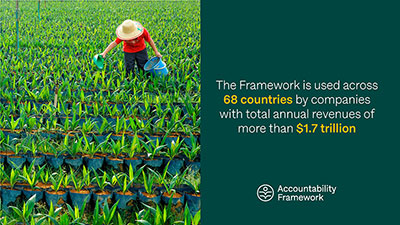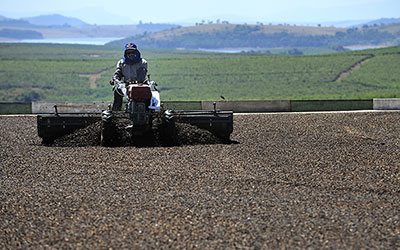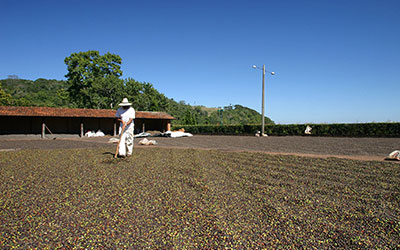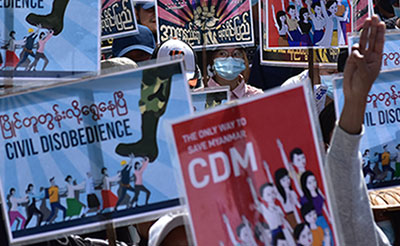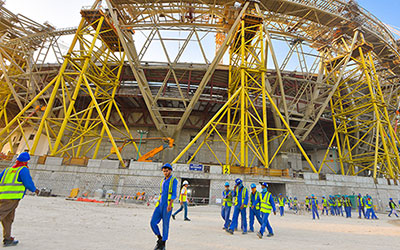Verité in the News
Read coverage of Verité’s work in The New York Times, The Atlantic, The Guardian, The Associated Press, The Los Angeles Times, and more.
Combating Forced and Child Labor of Refugees in Global Supply Chains: The Role of Responsible Sourcing
Verité and the Tent Partnership for Refugees’ new report “Combating Forced and Child Labor of Refugees in Global Supply Chains: The Role of Responsible Sourcing” offers guidance that can help companies hire and incorporate refugees into their supply chains and advocate for their rights as a proactive strategy towards combating forced labor.
Mechanization of Thai Purse Seiners: A business case study to improve working and living conditions
International exposés of labor conditions on Thai fishing vessels have long identified a vessel’s physical structure as an inherent driver of labor risk in the industry. These findings led Nestlé and Verité to collaborate on a project exploring how Thai fishing vessels might be modified to enable long-term improvements for both the workers and vessel owners.
New Private Security Industry Tools at ResponsibleSourcingTool.org
The private security sector is one of the fastest growing in the world, as security guards are increasingly hired to guard factories, office buildings, extractive worksites, residential facilities, transport hubs, and hotels, in addition to military and other government facilities. Migrant workers are often hired for these positions and, as such, a risk of human trafficking exists.
FLIP Activities Expand to Côte d’Ivoire
Based on the success of the FLIP Ghana model, the project is expanding activities into Côte d’Ivoire where project staff will similarly work to build stakeholder capacity to use the ILO indicators to understand and address forced labor risk.
Two Years. One Coalition.
Verité is active on many fronts to bring our labor rights experts together with those protecting the natural environment. We believe strongly that supply chain “sustainability” is best pursued holistically with the needs of people, communities, and ecosystems considered and approached in complementary ways. One significant effort has been our participation in the Accountability Framework Initiative (AFi).
COFFEE Project Pilot Projects Launch in Brazil, Colombia, and Mexico
As part of Verité’s ongoing work to improve labor practices in the Latin American coffee sector under the U.S. Department of Labor-funded Cooperation on Fair, Free, Equitable Employment (COFFEE) Project, this year we are launching pilot projects in three key coffee producing countries — Brazil, Colombia, and Mexico.
Promoting Ethical Recruitment in the Coffee Sector of Minas Gerais, Brazil
Verité research has found that the use of labor brokers (including village-level agents, recruiters, labor contractors, and crew leaders) is widespread throughout the Latin American coffee sector, including in Brazil.
Supporting the Labor Movement and People of Myanmar
Verité and Verité Southeast Asia stand in solidarity with the labor rights movement and the people of Myanmar in condemning the military coup which took place on February 1, 2021. Furthermore, Verité and VSEA strongly denounce the violent crackdown perpetrated by the Myanmar military and police forces against its citizens practicing their right to peacefully protest.
Verité’s New Approaches to Fighting Abuse of Indian Workers in Gulf Cooperation Council Countries
Through generous funding by the United States Department of State’s Bureau of Democracy, Human Rights, and Labor (DRL), Verité is continuing to support workers navigating risks in new labor markets between Uttar Pradesh, India and the Gulf States. This project focuses on building capacities of partners to provide guidance to workers during the recruitment process in Uttar Pradesh, and to safely navigate systems for addressing any exploitation they may encounter during employment in the Gulf.







